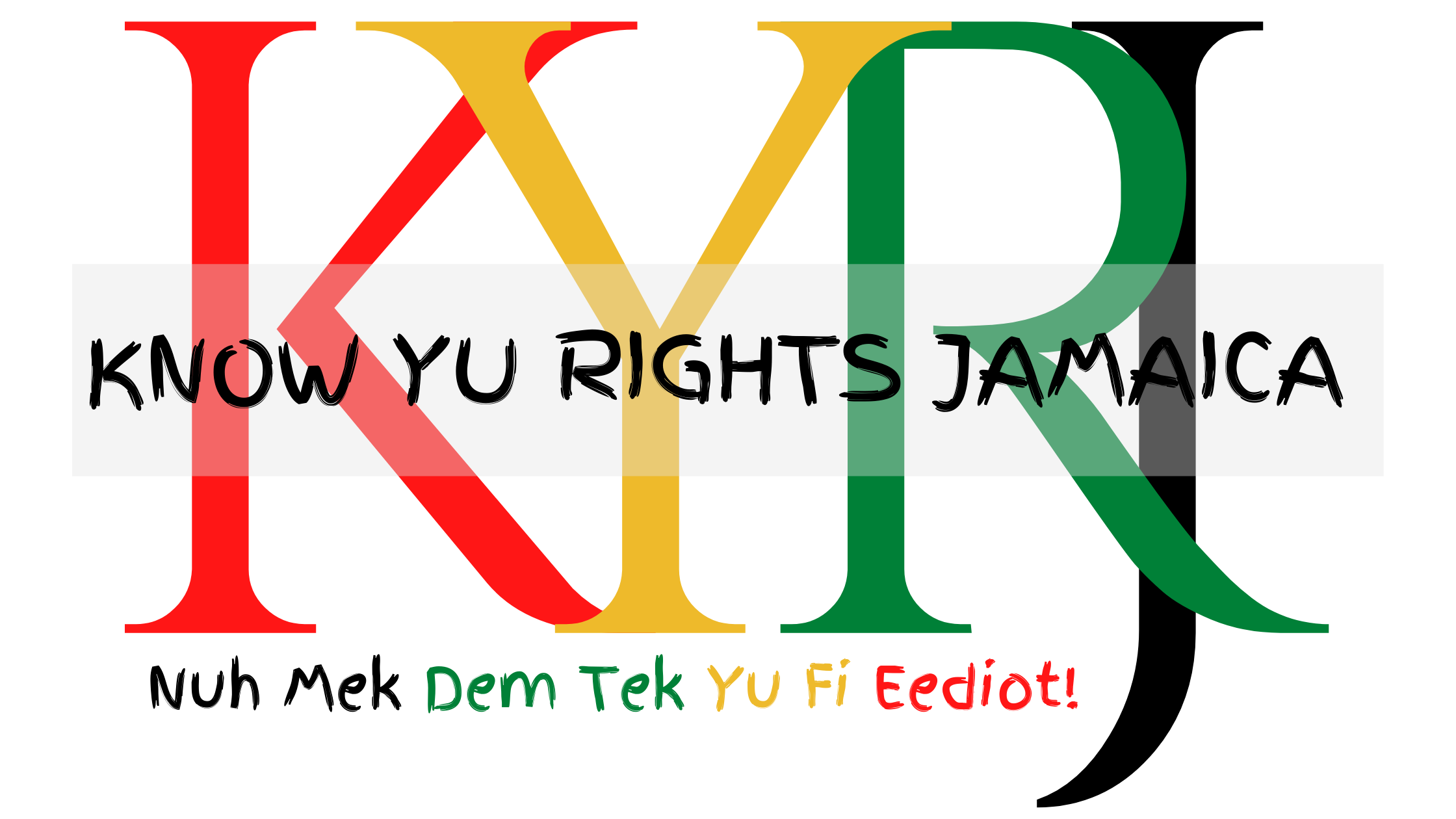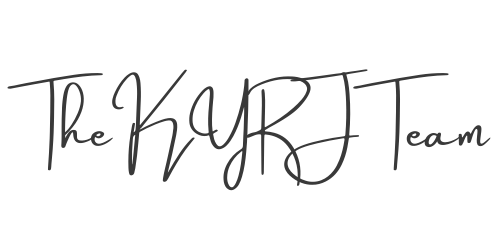DISCLAIMER: The content of this website, by its very nature, is general, whereas each user’s situation is unique. Therefore, please note the information contained within this website is for informational purposes only. All efforts have been executed to present accurate, up to date, and reliable, complete information. No warranties of any kind are declared or implied. Users of this website acknowledge that the Know Yu Rights Jamaica website is not engaging in the rendering of legal, financial or professional advice.
Please read our Privacy Policy & Terms of Use for further information.
Want to feel empowered and secure in your job? Understanding the important legal terms relating to your job can be the game-changer you need. Think of it like a secret weapon – knowledge that helps you not only protect yourself but also contribute to a fair and safe work environment for everyone.
Here’s the deal: Jamaican employment laws are like a rulebook for work relationships. They protect you and set expectations for both you and your employer. But legal jargon can feel like a foreign language, right? Don’t worry, here’s a breakdown that’s easy to understand and use.
Your Contract: The Foundation of Your Job
Imagine your employment contract as the blueprint for your job. It lays out everything from your duties and salary to how the relationship can end. When it comes to your contract, watch out for the following:
Job description: This spells out exactly what you’re expected to do. If any disagreements arise, this section becomes the reference point.
Salary and payment: Know your worth! This includes the amount, payment schedule, and any bonuses or adjustments based on performance.
Probation period: This is a trial period (usually 3-6 months) for both you and your employer to see if it’s a good fit. Termination rules during this time might differ.
Confidentiality and non-compete clauses: These are agreements to protect company secrets and limit your options after leaving the company. Understand them carefully as they can impact your future career moves.
Termination clause: This explains how the working relationship can end, including notice periods and severance pay (money you get if you’re let go).
By understanding these elements, you can negotiate better terms and ensure your rights are respected.
Understanding Your Paycheck: Every Dollar Counts
Knowing how you get paid is crucial. Here’s the breakdown:
Minimum wage: This is the government-set baseline for how much you should be getting paid per hour.
Overtime pay: Putting in extra hours? You deserve extra compensation, usually calculated at 1.5 times your normal rate.
Deductions: Some deductions are mandatory, like contributions to NIS, housing, and taxes. These are for your future benefits and the nation’s development. You might also have voluntary deductions like health insurance, but make sure you understand and agree to them.
Additional income: Bonuses, service awards, and commissions based on your performance can add up! Check your contract or company policies to see what applies to you.
Remember, this knowledge empowers you to ensure you’re getting paid fairly and according to the law.
Workplace Disputes? Know Your Options
Disagreements happen, but how you handle them matters. Here’s what you can do:
Internal grievance procedures: Most companies have a process for addressing issues internally, often outlined in your employee handbook or contract. Try this first before escalating further.
Ministry of Labour and Social Security: If internal solutions don’t work, the Ministry can help mediate disputes between you and your employer.
Unfair dismissal and redundancy: If you believe you’ve been let go without a valid reason, understanding these legal terms is crucial. Unfair dismissal involves no proper notice or reason, while redundancy happens when your position is no longer needed.
Remember, you have rights! You might be entitled to notice, severance pay, and the opportunity to contest unfair dismissal.
Safety First: Your Right to a Healthy Workplace
Employment laws go beyond just pay and contracts. They also ensure your safety at work. The Occupational Safety and Health Act guarantees basic conditions like proper lighting, sanitation, and emergency procedures. If you ever feel unsafe, speak up! It’s your right and responsibility to create a healthy work environment for everyone.
The Takeaway: Knowledge is Power
By understanding the common legal terms used in the typical workplace, you become empowered to advocate for yourself and contribute to a fair and safe work environment. This knowledge isn’t just a shield; it’s the key to building a workplace where everyone thrives. So, keep this information handy and use it to navigate your professional journey with confidence and dignity!

